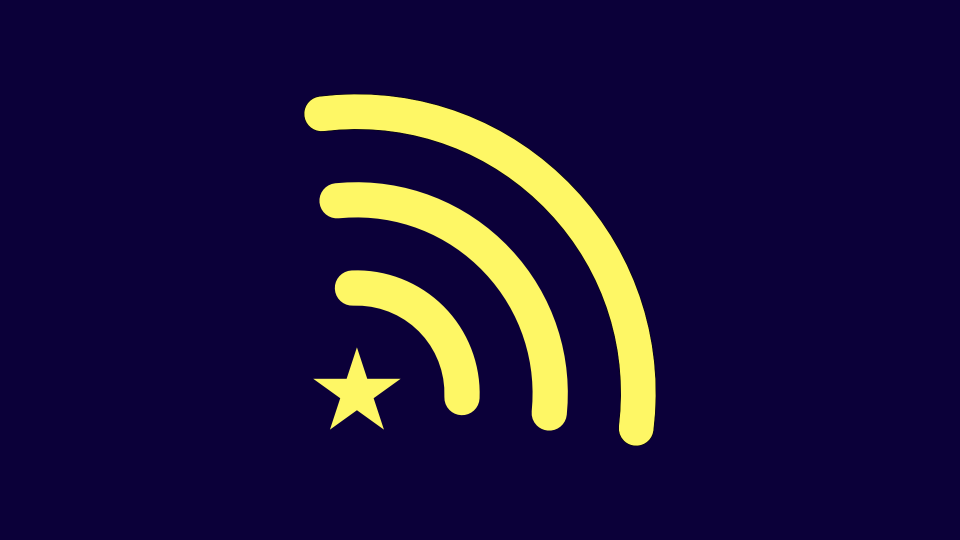As a software developer I can't help but look at all the issues plaguing social media and think that surely they can be fixed with code somehow – we just need a cool distributed protocol or something, right? But the thing is, no amount of techy magic is going to help here, because the problems are not technical – they're policy issues.
Try to think of a big issue with social media that can't be tracked back to its flawed business model. Of course we're gonna get addicted to doom scrolling, if algorithms optimise our feed for maximum engagement. Of course it will be plagued with misinformation and polarising, hateful content, if that's what drives engagement. Of course the big tech won't do more than absolutely necessary to deal with all the toxic stuff and AI-generated trash on their servers, if removing that content directly reduces their advertisement revenue. Of course big tech is gonna sell and abuse as much of our private data as the regulations allow them – as long as it brings them their billions.
But imagine if simply we took away the whole incentive to enshittify the Internet? What if we took ads out of the equation? What if we took the profit incentive out of the equation and started treating social media as a public service?
We already treat a bunch of other media as public services after all: we have public TV broadcasters, public radio stations, rarer, but still, publicly owned press… We're fine paying taxes in order to receive professional services accessible to everyone and under democratic control. We see how much power the conventional media has to shape public opinion, so we don't want it all in the hands of big corporations. I'd argue that for social media this is even more important.
Running a social media page is no small enterprise – but the EU has more than enough resources to pull it off. And judging from how strongly have they been going after big tech for their monopolistic and anti-privacy practices, there would likely be a political will do accomplish it too.
Imagine that… every EU resident gets their own virtual space: some storage space, a subdomain, an email address, a simple website builder with blogging and commenting capabilities. It could use ActivityPub or its own new protocol to federalise those blogs. Instead of creating a Gmail account owned by Google, and a Facebook account owned by Meta, and a Twitter account owned by Musk, etc. etc., you could just create an account owned by you – with the infrastructure maintained and the content moderated by the state, just like it now does with other kinds of infrastructure, from roads to radio waves.
We could go back to the early days of the Internet before big tech swooped in and monopolised the mainstream. Back to the times where people owned the stuff they posted – except make it easily accessible even to non-techies.
It shouldn't even be hard to get a critical mass of users on the platform – just make it as good as Facebook or Twitter (what a depressingly low bar!) but make it completely free and without any ads or “the algorithm” – who wouldn't switch? Offering an alternative to big tech's vision of the Internet wouldn't really kill big tech – but it would definitely force it to do better and compete with user- and privacy-friendly alternatives.
If you don't want your page stored by the government, you can host it yourself – but still reap the benefits of the open-source website creator and federating with the network. If you don't want to use the website builder, write your own page and implement the open protocol on it (or not). If you prefer to use your space for something different, just do that instead. You can have all the freedom of corporation-free Internet, without needed the technical know-how to set it all up.
Obviously, accomplishing that wouldn't be easy. It costs to run a social media portal – just like it costs to maintain roads or run radio stations. Social media requires moderation – just like road safety requires traffic rules and vehicle registration. Moderation rules and decisions would be just as controversial as today – but at least controlled democratically and not by a faceless corporate entity.
It might not be easy. But if we do it right, it could be soooo worth it!
 Avris
Avris
 Avris
Avris

